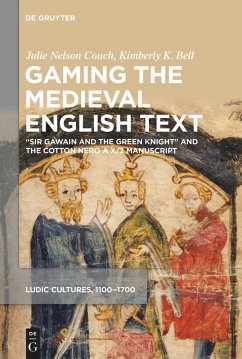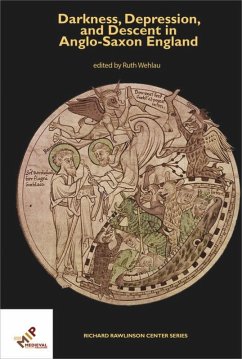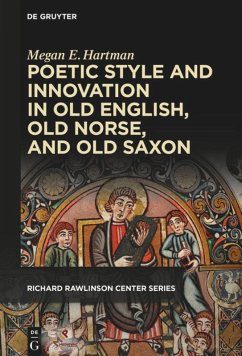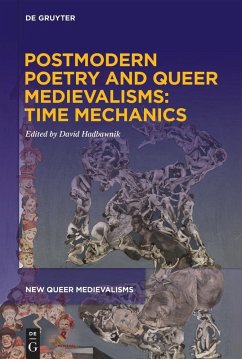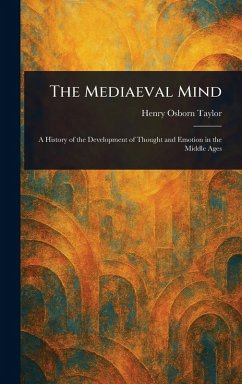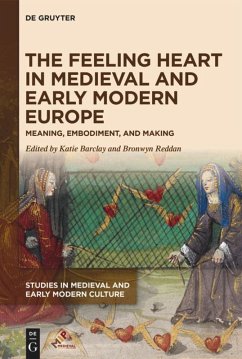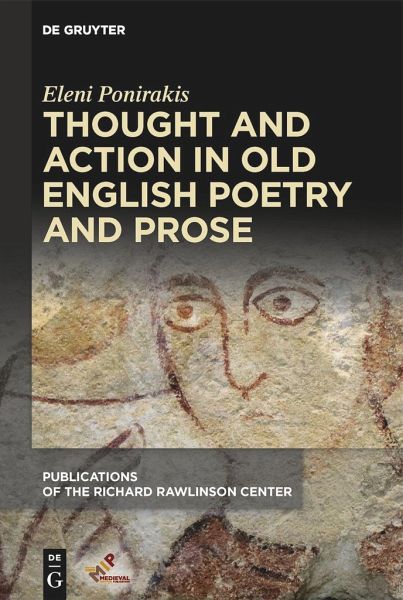
Thought and Action in Old English Poetry and Prose

PAYBACK Punkte
63 °P sammeln!
Cognitive approaches to early medieval texts have tended to focus on the mind in isolation. By examining the interplay between mental and physical acts deployed in Old English poetry and prose, this study identifies new patterns and offers new perspectives. In these texts, the performance of right or wrong action is not linked to natural inclination dictated by birth; it is the fruit of right or wrong thinking. The mind consciously directed and controlled is open to external influences, both human and diabolical. This struggle to produce right thought and action reflects an emerging democratiz...
Cognitive approaches to early medieval texts have tended to focus on the mind in isolation. By examining the interplay between mental and physical acts deployed in Old English poetry and prose, this study identifies new patterns and offers new perspectives. In these texts, the performance of right or wrong action is not linked to natural inclination dictated by birth; it is the fruit of right or wrong thinking. The mind consciously directed and controlled is open to external influences, both human and diabolical. This struggle to produce right thought and action reflects an emerging democratization of heroism that crosses societal and gender boundaries, becoming intertwined with socio-political, soteriological, and cultural meaning. In a study of influential prose texts, including the Alfredian translations and the sermons of Ælfric, alongside close readings of three poems from different genres - The Seafarer, The Battle of Maldon, and Juliana -, Ponirakis demonstrates how early medieval authors create patterns of interaction between the mental and the physical. These provide hidden keys to meaning which, once found, unlock new readings of much studied texts. In addition, these patterns of balance, distribution, and opposition, reveal a startling similarity of approach across genre and form, taking the discussion of the early medieval conception of the mind, soul, and emotion, not to mention conventional generic divisions, onto new ground.






